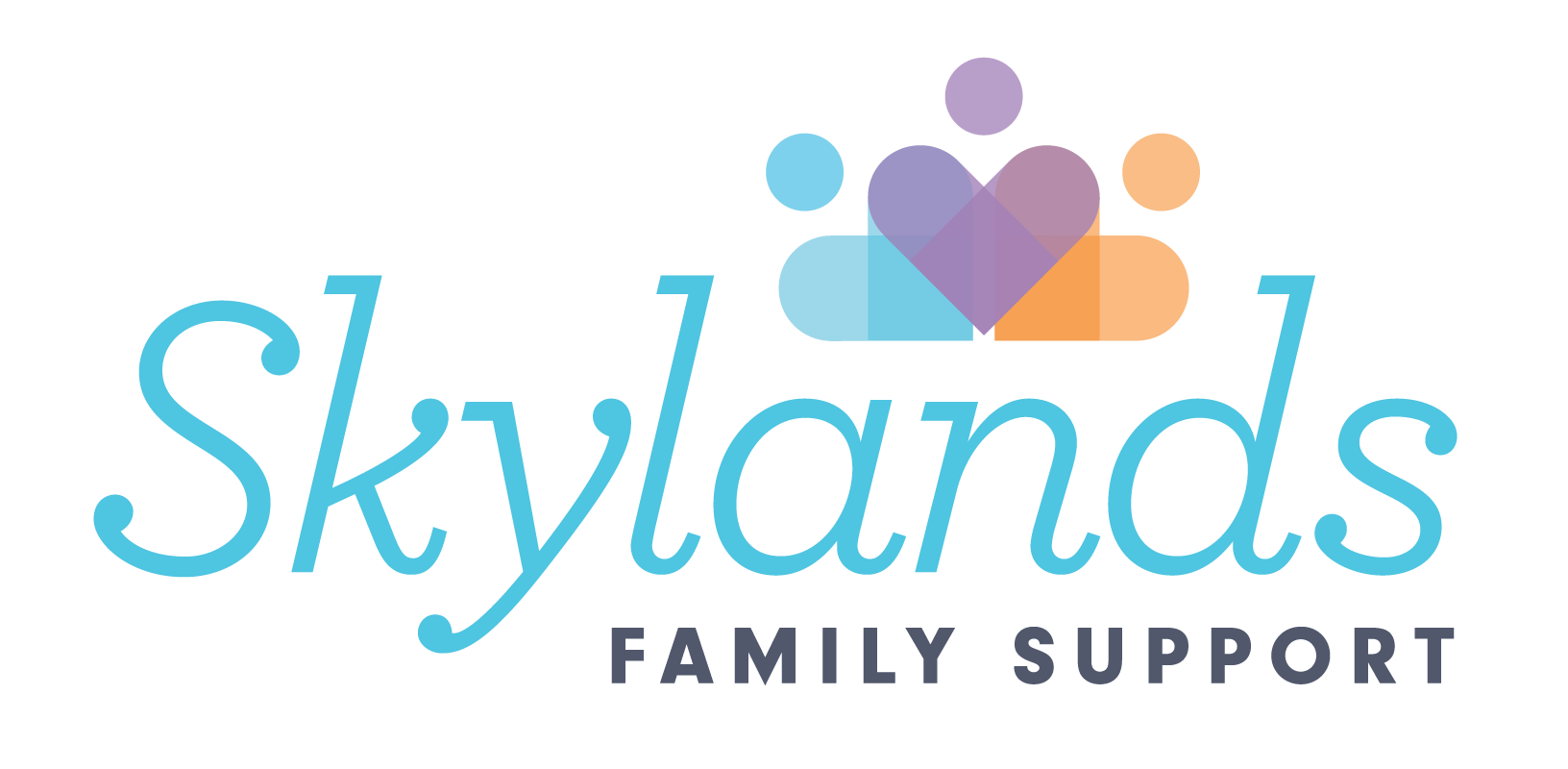7 FAQs About NJ DDD Services
Navigating the New Jersey Division of Developmental Disabilities (NJ DDD) system can feel overwhelming for individuals with disabilities and their families. To help, we’ve answered seven of the most common questions about NJ DDD services.
#1 – Who is eligible for NJ DDD services?
To receive services from NJ DDD, individuals must meet specific eligibility requirements. They must be at least 21 years old, a New Jersey resident, and have a developmental disability that began before the age of 22.
In addition to meeting these criteria, individuals must be eligible for Medicaid, as NJ DDD services are funded through Medicaid programs. If an individual does not already have Medicaid, they will need to apply before they can begin receiving NJ DDD services.
#2 – How long does the NJ DDD application process take?
The application process can take several months, depending on how quickly required documentation is submitted. To avoid delays, applicants should:
- Submit proof of diagnosis and medical records as soon as possible
- Ensure they have active Medicaid coverage before applying
- Respond promptly to any requests for additional information
Once approved, individuals will be connected with a support coordinator to start developing their service plan.
#3 – What types of services does NJ DDD offer?
NJ DDD provides a wide range of services to support individuals with developmental disabilities in leading fulfilling lives. These services can include:
- Assistive technology: Devices and tools designed to enhance communication, mobility, and independence
- Behavioral supports: Strategies and interventions to address behavioral challenges and promote positive development
- Career planning: Resources to explore employment opportunities, build job skills, and achieve workplace success
- Cognitive rehabilitation: Services focused on improving memory, problem-solving, and other cognitive functions
- Day habilitation: Programs that provide structured daily activities, skill-building opportunities, and social engagement
- Goods & services: Support for purchasing items or services that promote independence and are not covered by other funding
- Occupational therapy: Assistance with developing fine motor skills and daily living tasks
- Physical therapy: Programs to improve strength, coordination, and mobility
- Speech, language, and hearing therapy: Services to enhance communication, language skills, and auditory processing
READ MORE: The NJ DDD Supports Program Policies & Procedures Manual
#4 – How are services accessed and coordinated?
Once approved for NJ DDD services, individuals can choose a support coordination agency to help manage their services. While a support coordination agency may be assigned automatically by the state of New Jersey, it’s recommended to research and select an agency that best fits your loved one’s needs. If unsatisfied, a change can be requested at any time.
A support coordinator will:
- Develop an Individualized Service Plan (ISP) based on personal needs and goals
- Connect individuals with NJ DDD programs and their providers
- Monitor services and make adjustments as needed
- Guide your loved one and family through the process and offer expertise along the way
READ MORE: A Wonderful Life: 4 Ways Support Coordination Makes a Difference
#5 – What are the rights of individuals receiving NJ DDD services?
Individuals receiving NJ DDD services have several important rights, including:
- The right to choose their services and providers
- The right to be treated with dignity and respect
- The right to be free from abuse, neglect, or exploitation
- The right to file a grievance or appeal if they disagree with a decision about their services
#6 – What happens during transition services?
Transition planning helps young adults move from school-based services to adult services through NJ DDD. The process typically begins around age 16 and continues until they turn 21. During this time, families should:
- Apply for NJ DDD eligibility early
- Explore vocational programs, employment training, and independent living options
The goal of transition services is to create a smooth shift into adulthood by ensuring individuals have the resources and support they need for employment, daily living, and community involvement.
#7 – How can families get involved with the process?
Families provide important support by helping their loved ones choose the right services and advocate for their needs. Family members are a key part of the process because they know their loved ones best and know the type of support and assistance their loved one needs to thrive. Here are some ways families can stay involved:
- Participate in planning meetings with their loved one’s support coordinator to help develop and update service plans
- Voice their thoughts and opinions about what their loved one needs and wants
- Stay informed about policy changes and available programs
- Join family support groups to connect with other caregivers and share resources
Since individuals with developmental disabilities may need ongoing support in making decisions, family involvement can help ensure they receive appropriate care.
Conclusion
With NJ DDD services, families have access to a range of support options tailored to their loved ones’ needs. Navigating the system with the assistance of a knowledgeable support coordinator ensures that these services are delivered effectively and in a way that works best for each individual. By staying informed, involved, and connected with the right resources, families can help their loved ones thrive.
Want to work with a support coordination agency that has decades of experience helping families navigate NJ DDD programs? Contact Skylands Family Support today.




